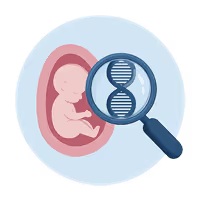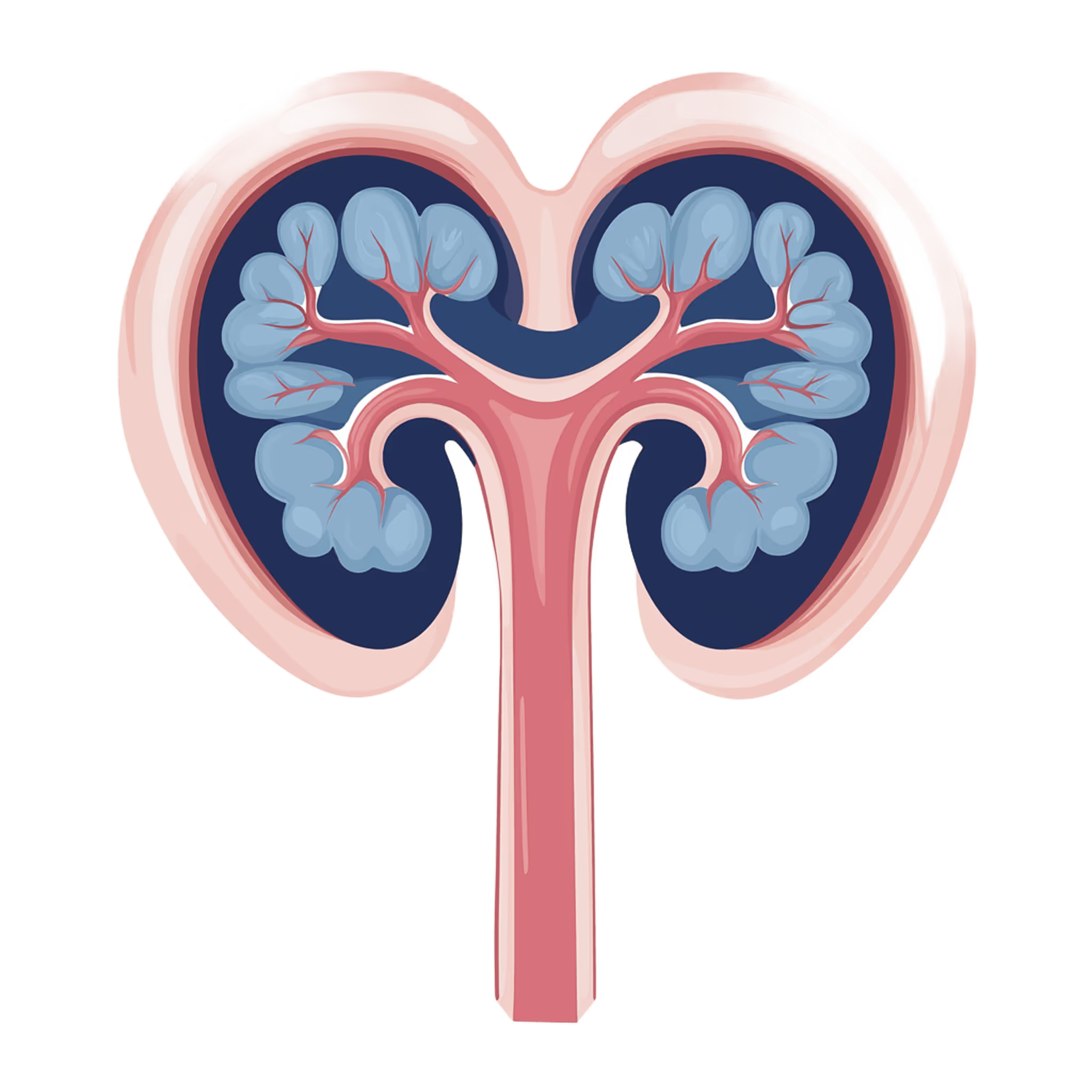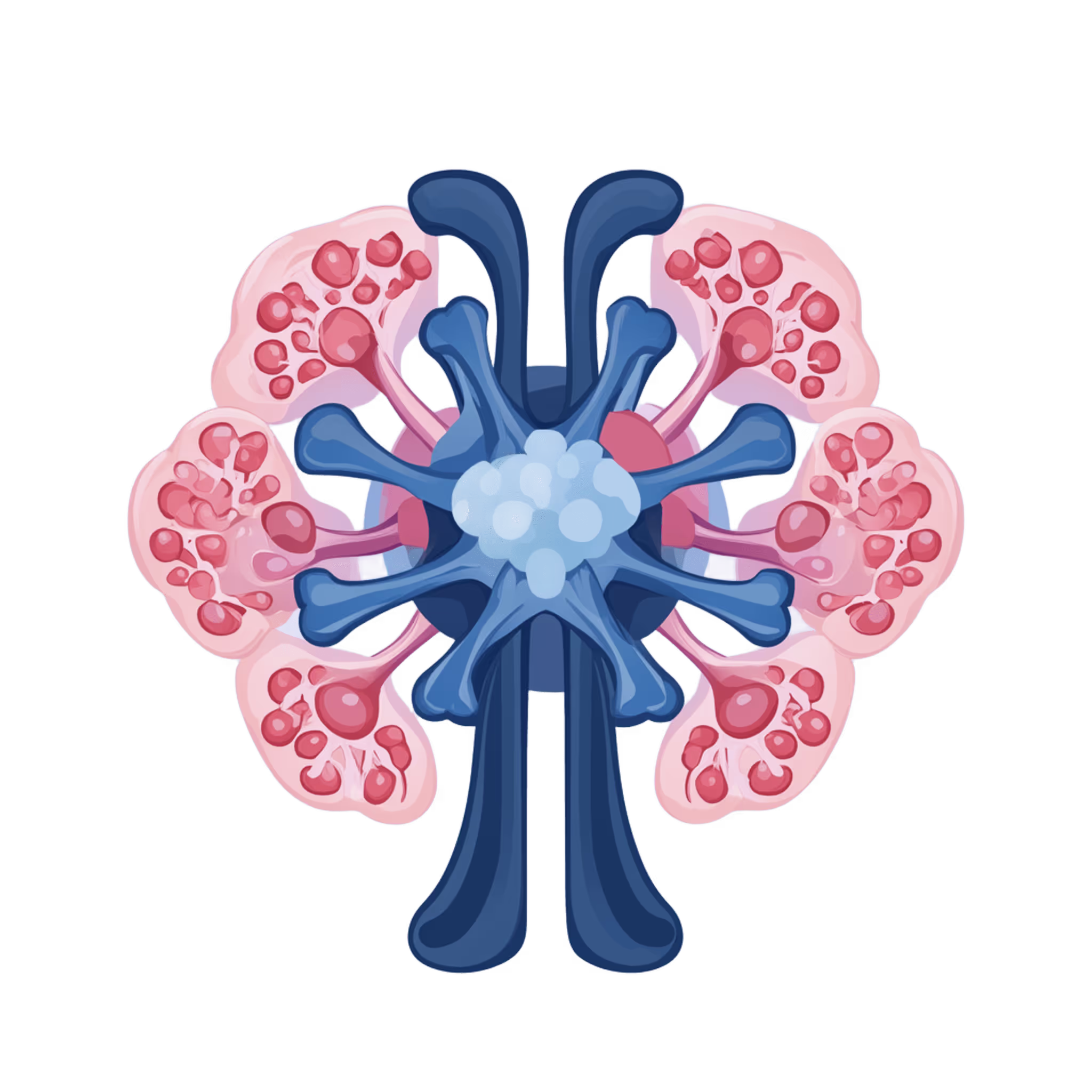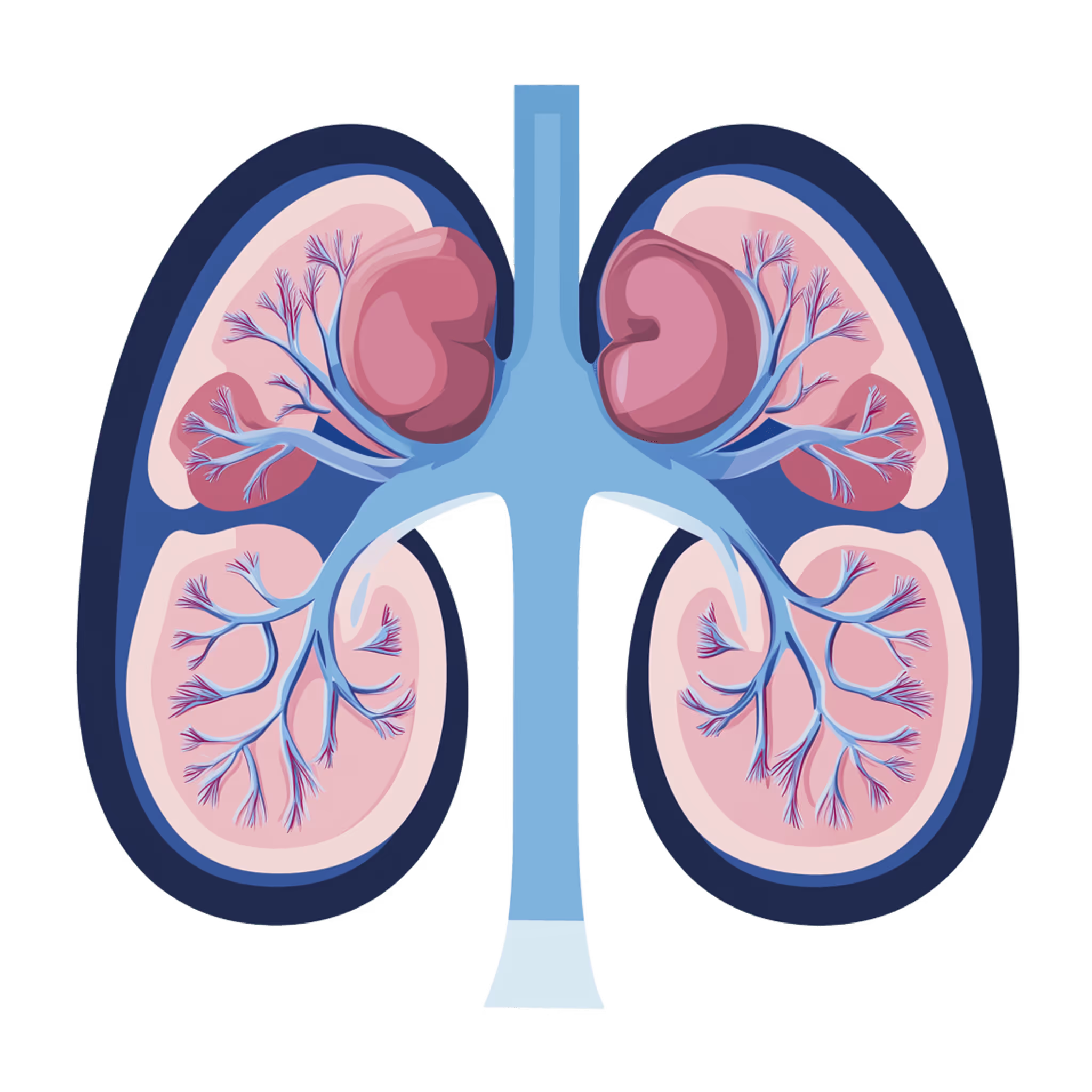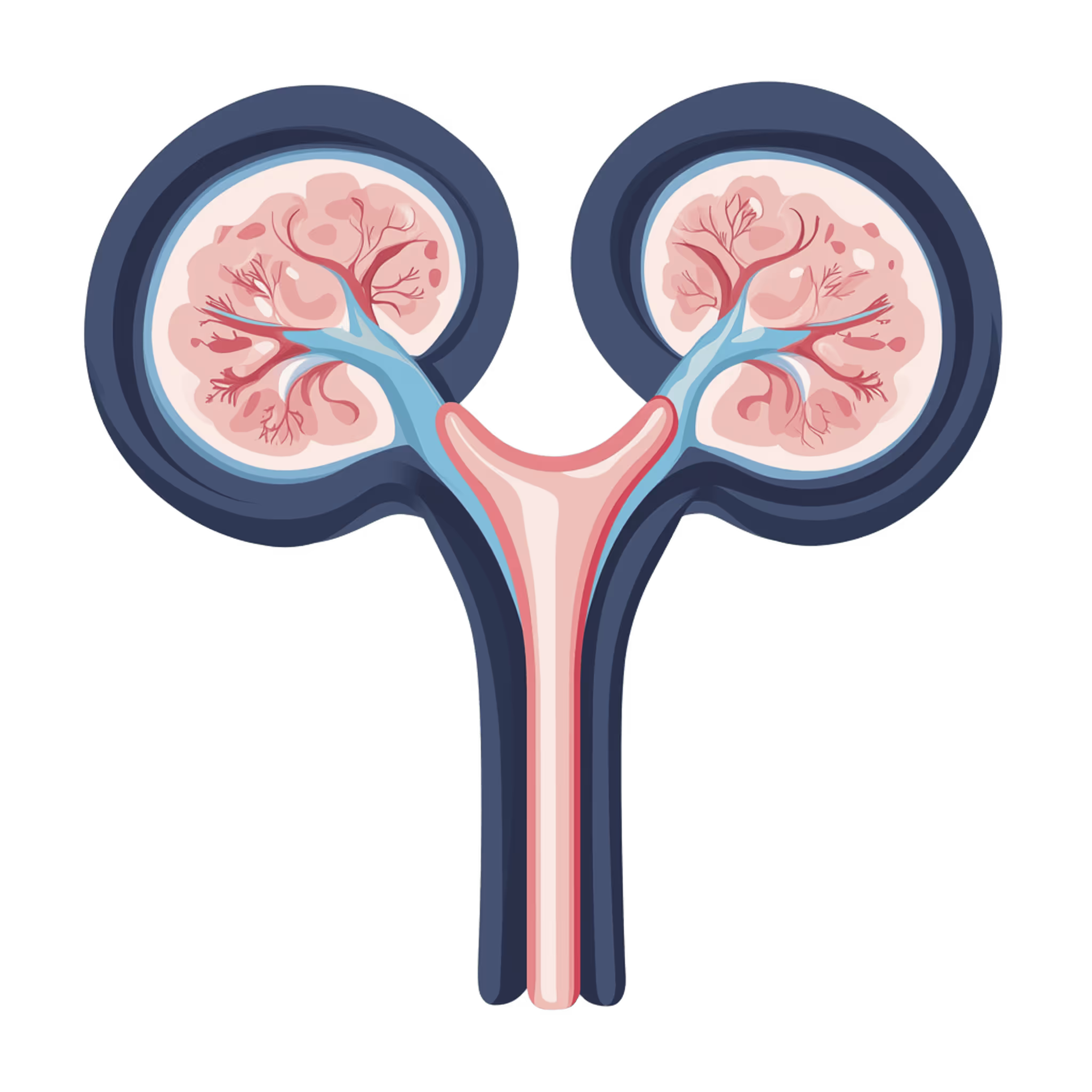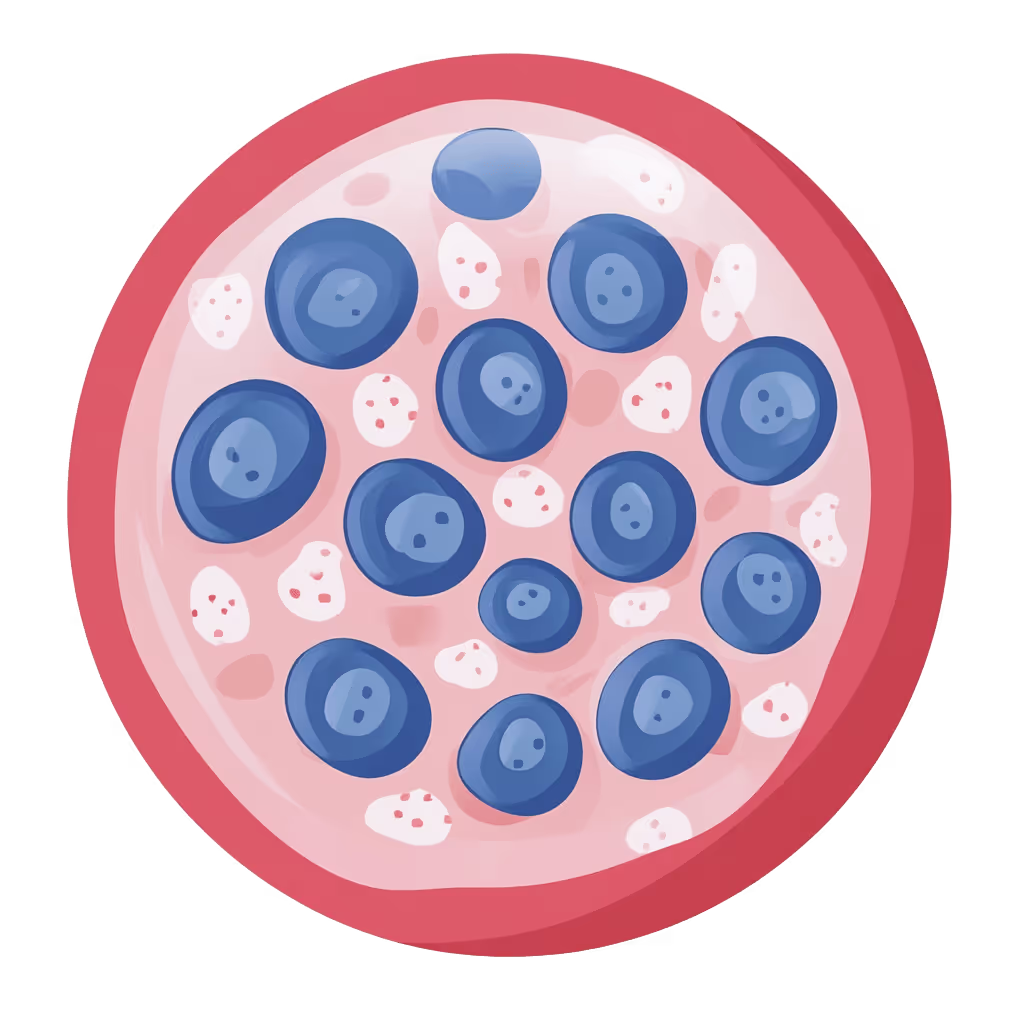What is Pancreatic Cancer?
Pancreatic cancer occurs when abnormal cells in the pancreas grow and divide uncontrollably, forming a tumour. The pancreas is a gland located behind the stomach that helps with digestion and regulates blood sugar by producing hormones like insulin. Pancreatic cancer often develops without early warning signs, which can make it difficult to detect in the early stages.
The symptoms of pancreatic cancer can include:
- Unexplained weight loss
- Persistent pain in the abdomen or back
- Loss of appetite
- Jaundice (yellowing of the skin and eyes)
- Changes in stool (pale or greasy stools)
- New-onset diabetes or worsening existing diabetes
- Fatigue
These symptoms are common to many less serious conditions, but if they are new, persistent, or frequent, it’s important to see a doctor. Early diagnosis can make a big difference to treatment outcomes. If you are experiencing any symptoms that are worrying you, it is important that you report this to your GP.
More information about pancreatic cancer can be found on the Macmillan website.
What are the causes?
Usually, when someone is diagnosed with cancer, the cause is unknown. Contributing factors may include age, family history, environment, lifestyle and hormonal factors.
In some cases, genetic testing can identify a change (variant) in a single gene that causes a person to have an increased risk of developing certain cancers over their lifetime. These gene changes can be passed down through families.
Inherited genetic mutations account for about 5-10% of pancreatic cancers. Mutations in genes such as BRCA2, PALB2, ATM, and others significantly increase the average lifetime risk of developing the disease.
Is genetic testing for pancreatic cancer risk genes right for me?
Some people with a personal diagnosis or strong family history of pancreatic cancer, or related cancers, such as breast cancer, ovarian cancer or melanoma, may choose to consider genetic testing to try and identify a cause for their diagnosis or their family history.
Identifying a variant in a cancer gene can help clarify personal risk of developing certain cancers and inform your risk management options.
Genetic testing can provide very useful information, but may not be the right choice for everyone. Speaking to a genetic counsellor can help you explore your personal and family history, understand what testing might mean for you and your family, and help you make a decision that feels right for you.




